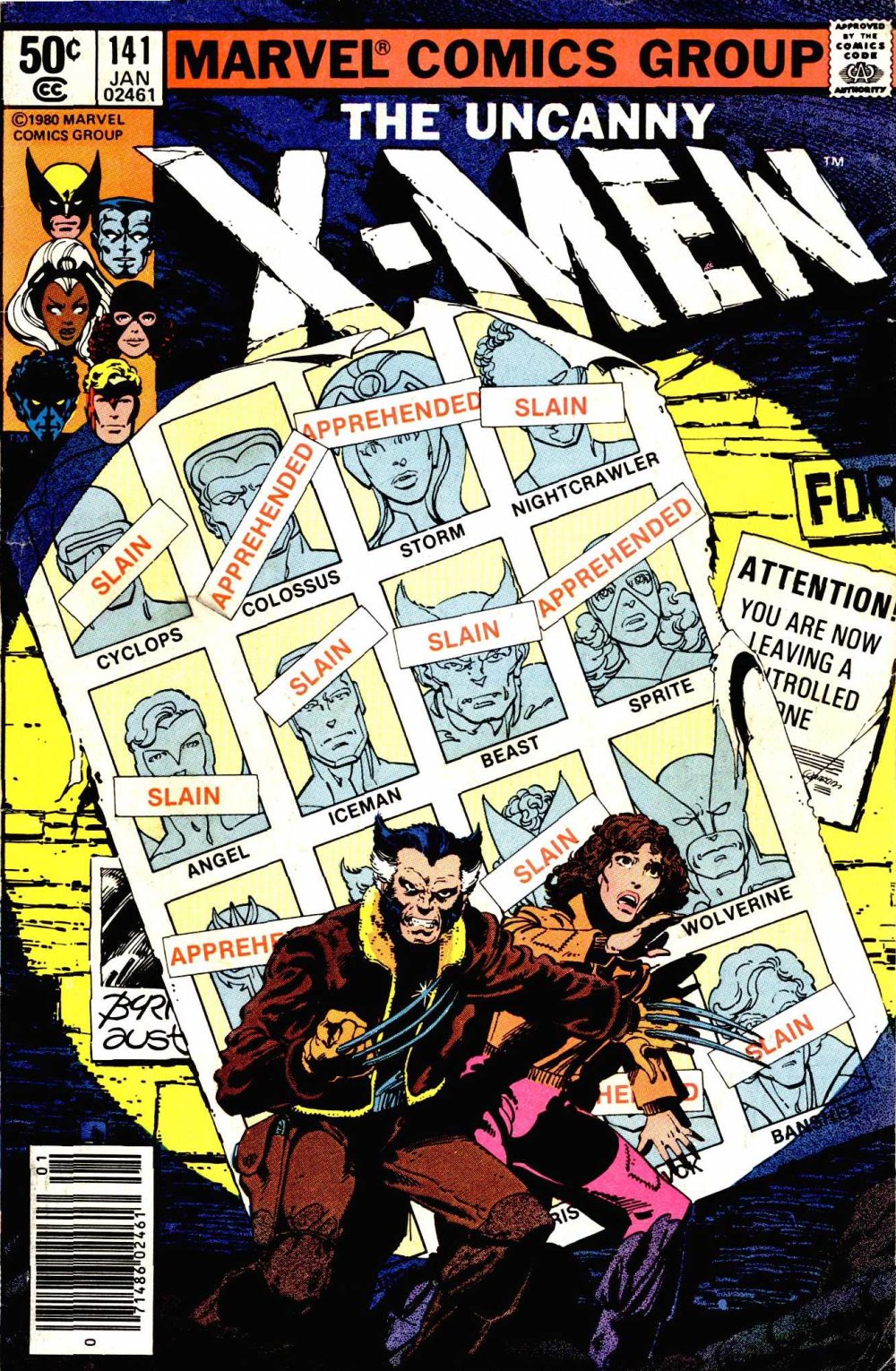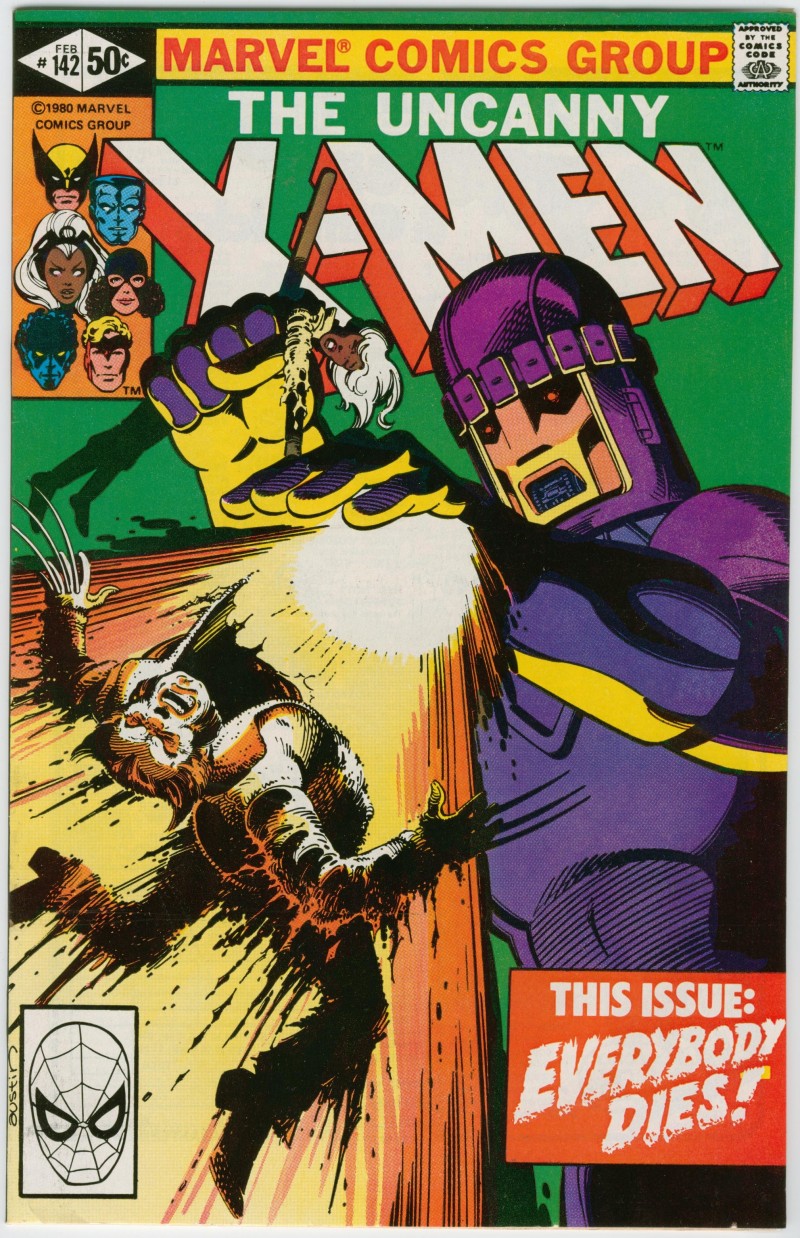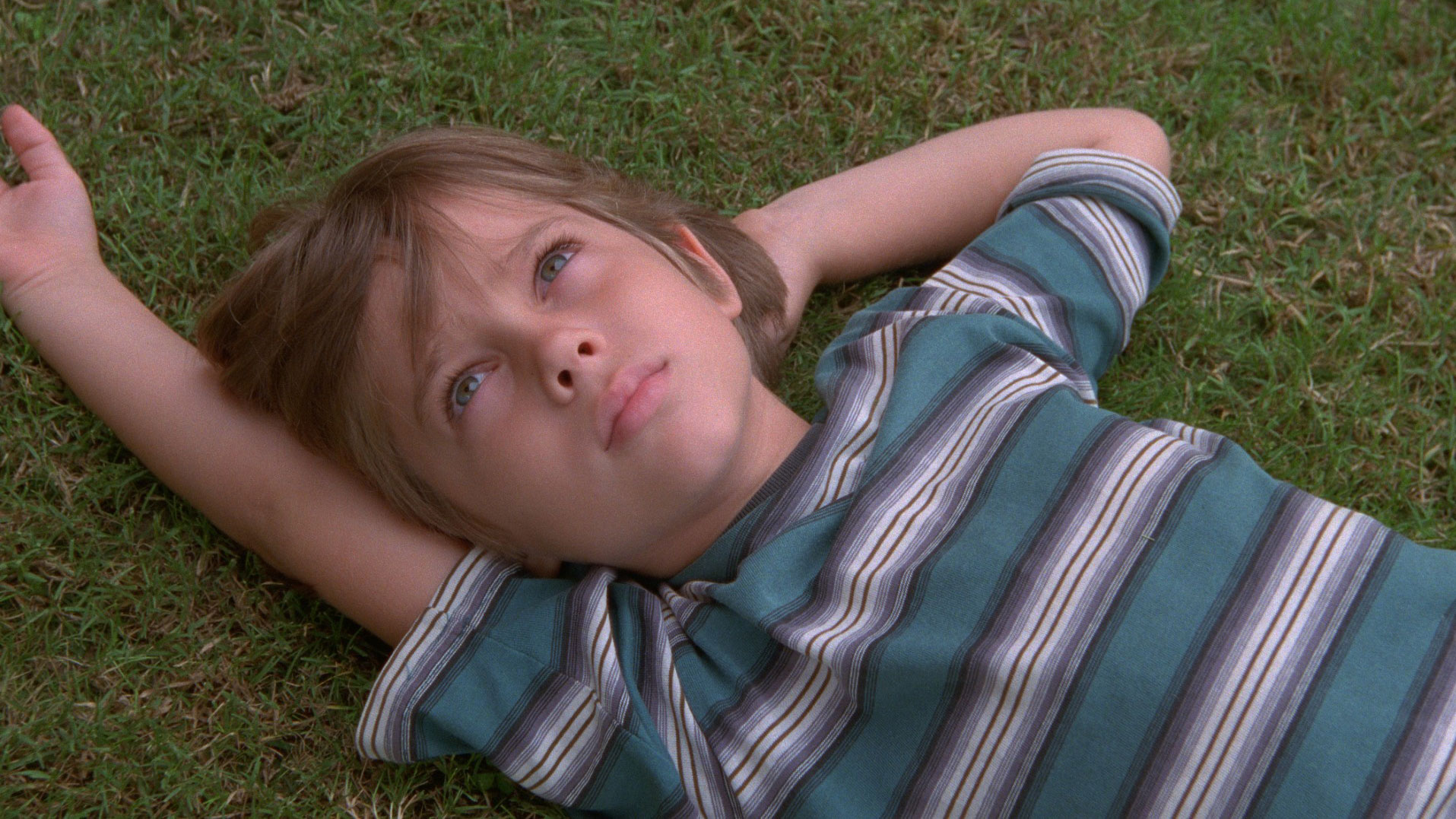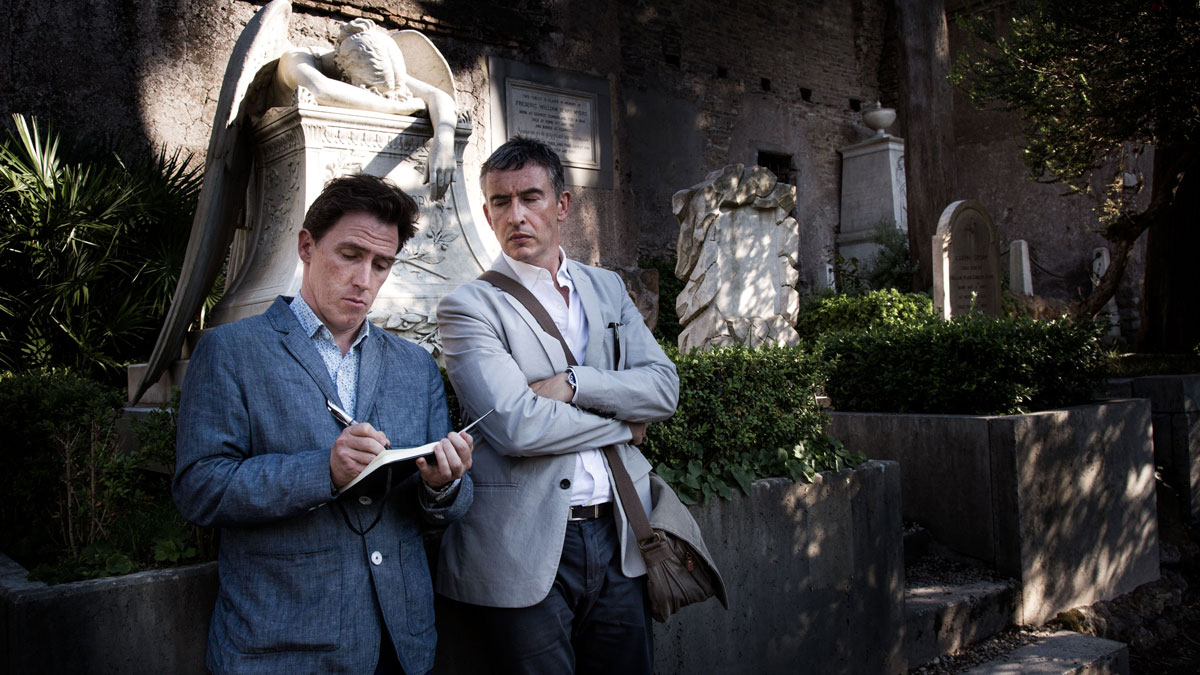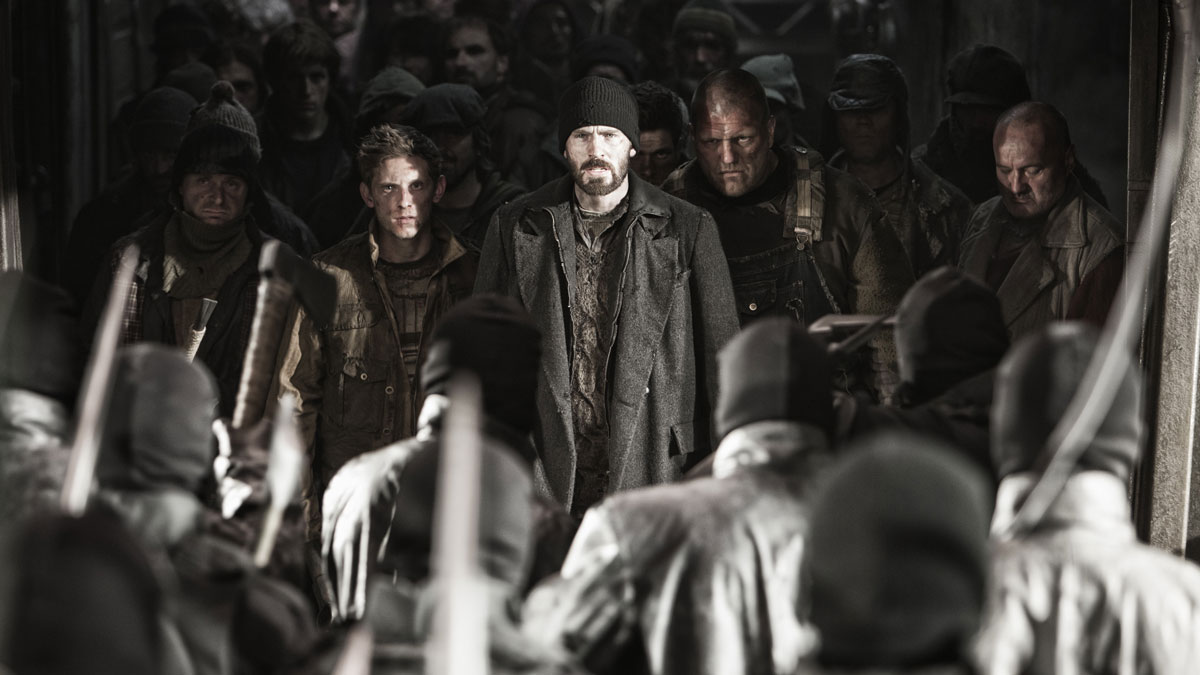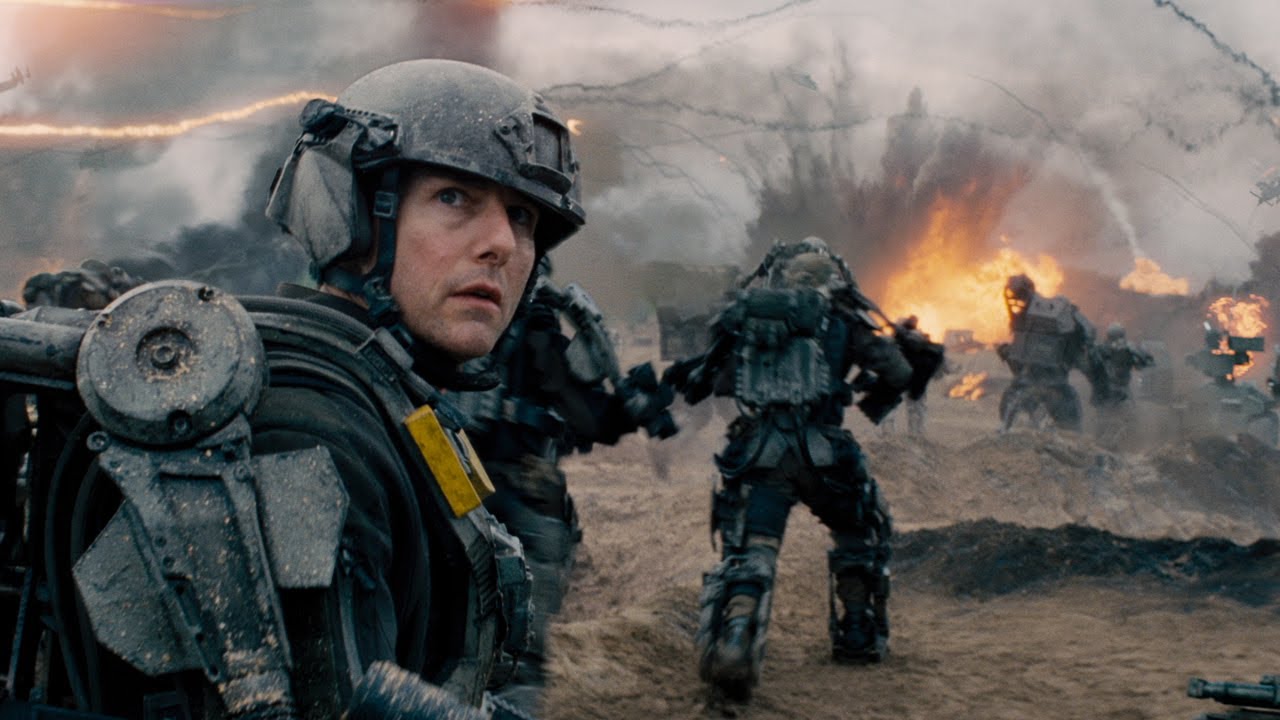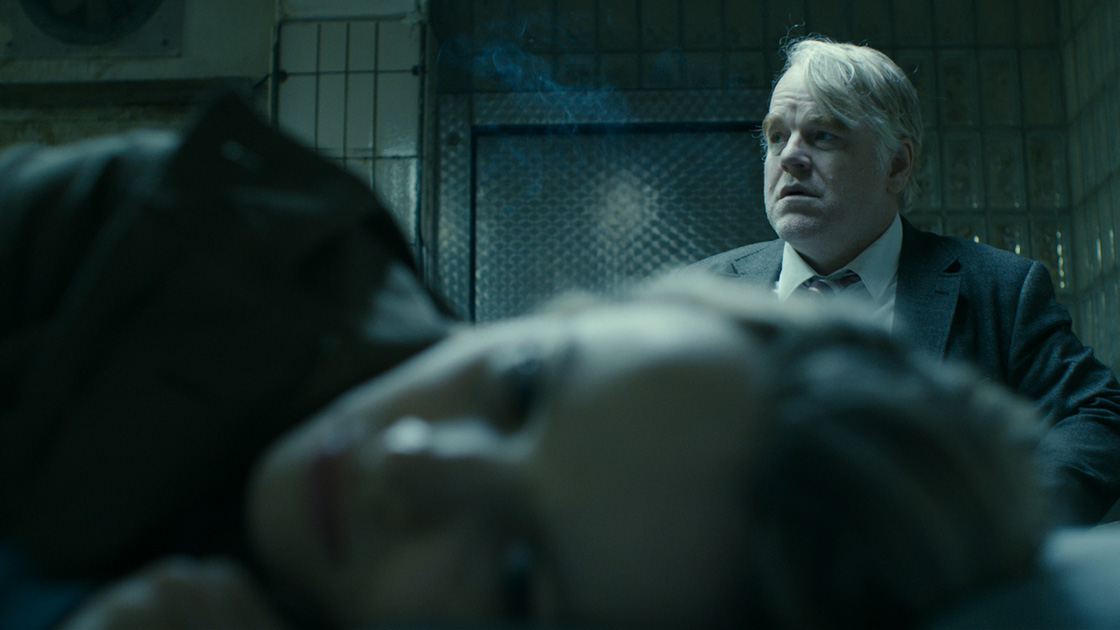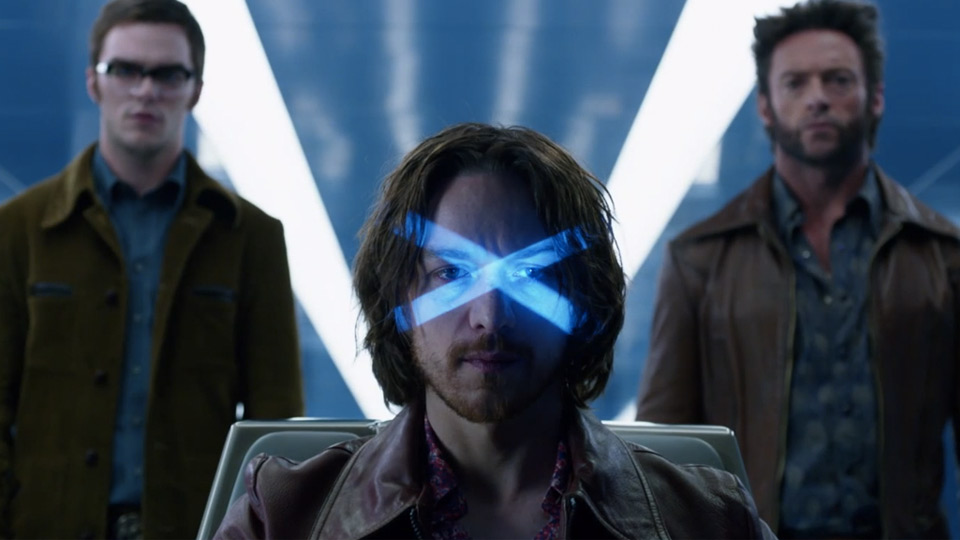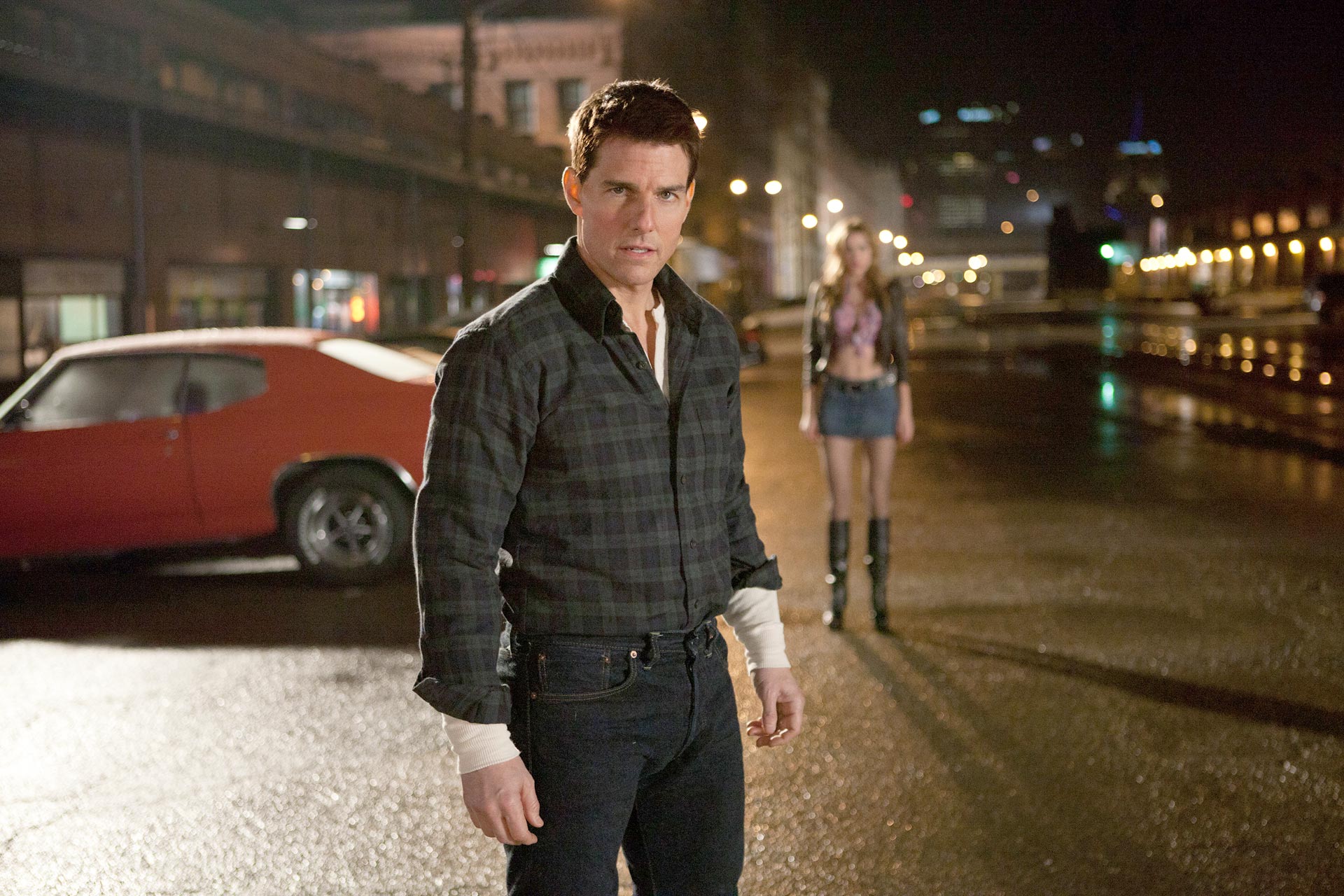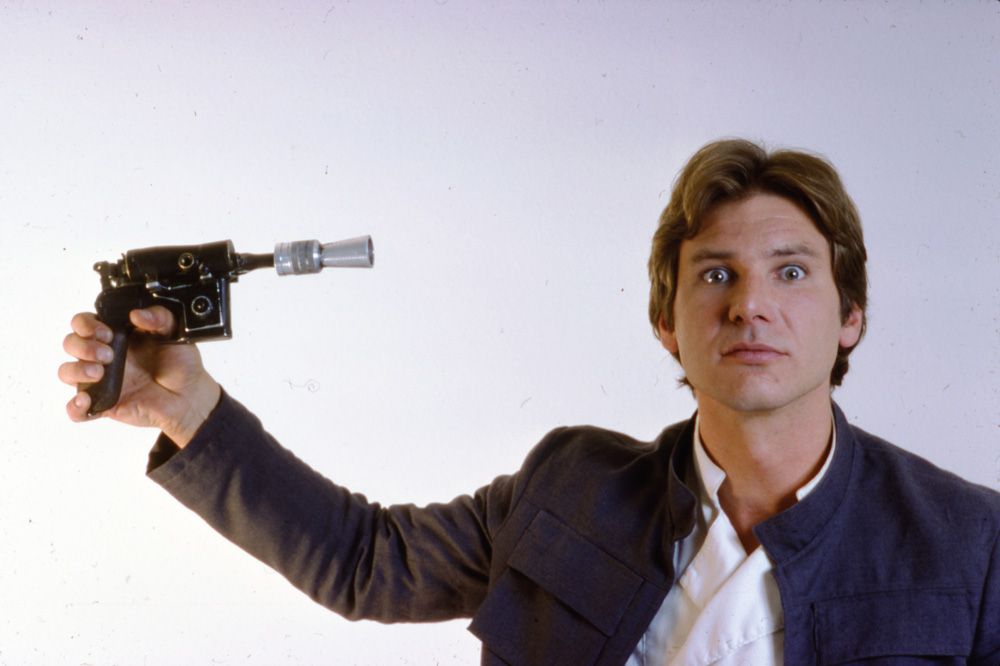Cruise Controller: On Edge of Tomorrow and Blockbuster Déjà Vu
Chris Klimek
Edge of Tomorrow boasts Tom Cruise's most varied and appealing performance in years.
The Happy Meal-shifting blockbusters of Summer 2014 continue to deliver the goods. Godzilla was dire and painterly and majestic, X-Men was fizzy and fun, and Edge of Tomorrow -- the latest Tom Cruise action vehicle to suffer from Awful Title Syndrome -- might be better than either. I liked it a whole bunch, even if it ends on a more conventional note than it might've if, say, Christopher Nolan had been holding the reigns.
Anyway, here is my official statement.
-- TRANSMISSION BEGINS --
Blockbuster audiences have seen it all, and so has Tom Cruise. He is the most resilient and longest-lived movie star of modern times, a guy whose name has opened movies, and whose overcaffeinated performances have powered them, for 30 years. (“Actor. Producer. Running in movies since 1981,” reads his Twitter bio, perfectly.)
Edge of Tomorrow, his new science fiction adventure directed by the guy who made Swingers, cleverly harnesses both our abundant affection for the fearless, freakishly energetic young actor Cruise was, and our more fickle approbation for the risk-averse, still freakishly energetic 51-year-old action star he’s become. He plays a craven Army public affairs officer ordered unexpectedly into combat against space invaders who’ve occupied, er, France and Germany. Whereupon he is slain almost immediately.
And then he wakes up, Groundhog Day-style, forced to relive that terrifying day over and over again. Through trial and error, he survives a little longer each time — except, of course, for the iterations where he dares something unrehearsed, which sometimes results in him getting punctured, pulped, shot, or crushed sooner or more gruesomely than before. It’s like a video game is something I’ve said in derision about a lot of CGI-driven action spectacles. Edge of Tomorrow is the first case in which I’ve ever meant it as a compliment. The rules are explained to us with risible, game-like clarity: There are these aliens which we’ll call “Alphas” and we’re pretty sure there must be these other aliens which we we shall call “Omegas,” and therefore what we should do is…
The movie is derived from a Japanese novel and was probably not designed as a metaphor for Cruise’s career, where action films – really good ones, usually — have gradually displaced riskier business like Born on the Fourth of July, Interview with the Vampire, Eyes Wide Shut, and Magnolia. But the parallel will be tough for true-blue fans to overlook.
Edge of Tomorrow’s shameless celebration of the mulligan is an ingenious premise for a presumptive summer blockbuster now that we’ve arrived, not quite 40 years after Jaws, at the form’s decadent phase. There are now more CGI-drenched $200 million-plus movies per year than there are Federal holidays, which is too many. By mining our collective blockbuster fatigue, Edge of Tomorrow feels, ironically, fresh and unpredictable enough for long enough that you can’t help but it feel a little bummed when it reverts, late in the game, to form.
(Those inclined to correlate the rise of the blockbuster with the death of high culture will be delighted to learn that Edge of Tomorrow’s big finale involves, SPOILER, blowing up The Louvre — just like those disaffected students in Jean-Luc Godard’s La Chinoise wanted to do! Your mileage may vary, but I say it’s at least as funny and self-aware a joke as anything in 21 Jump Street.)
That’s because every other movie has to be a blockbuster now. Spike Lee, one of the most distinct and important American filmmakers of the last 30 years, can’t even get his movies greenlit anymore, because he doesn’t want to make blockbusters. In a 2012 interview with Will Leitch, he talked about how no studio would touch a film like Malcolm X or Oliver Stone's JFK today. As recently as a generation ago, studios were willing to fund prestige pictures like this one with the understanding they might be only modestly profitable. They would make up the difference on their broad crowd pleasers — that’s why they’re called “tentpoles,” after all. They would make up the difference in the summer.
But the primacy of the foreign market now means that every big movie has to open big around the world. And the summer blockbuster season, which used to confine itself to the sweaty 10 weeks between Memorial Day Weekend and early August, is now year-round. Liam Neeson clocks in to start kicking ass in January. Captain America straps on his shield first week of April. James Bond pictures and Hunger Games adaptations come out at Thanksgiving. It’s an endless summer.
And for me, a movie lover for whom the blockbuster ritual was ingrained indelibly from night Batman opened in 1989 (it only kind of holds up), that makes summer blockbusters feel less special. When every holiday is Christmas, Christmas can’t be that big a deal.
Edge of Tomorrow wants to have it both ways, and it does, mostly. We start with the cocky, callow Top Gun / Rain Man / A Few Good Men / Act One of Jerry Maguire Cruise and watch him mold himself into the supercompetent know-it-all action figure of the Mission: Impossible series and the criminally underrated, horribly-titled Jack Reacher.
We also get a thrilling airborne invasion sequence, one we witness several times through the bleary eyes of Cruise’s character, Private Cage — ha, see what they did there? (Maybe it’s just a coincidence that a movie wherein Allied U.S. & European forces based in the United Kingdom cross the English Channel to retake France and drive into Germany is being released in the U.S. on June 6, 2014, the 70th anniversary of D-Day, but it seems like an awfully big coincidence.) It’s the sort of CGI-heavy, watch-for-falling-aircraft scene audiences keep saying they’re weary of.
But now it’s the movie’s inciting incident, not its climax, and it feels chaotic because it’s supposed to. It’s channeling the nauseating first 20 minutes of Saving Private Ryan, not the eye-rolling last 20 minutes of The Avengers. In this climate, that feels like progress.
-- TRANSMISSION ENDS --
I did not find room to praise the performances of Emily Blunt, who plays the mentor figure to the 20-years-older, maler Cruise, in a nice inversion of "traditional" casting or whatever, or of Bill Paxton, who instead of reprising Pvt. Hudson from ALIENS is doing more of a parody of R. Lee Ermey in Full Metal Jacket and every other frightening drill sergeant from every other military movie. But they both elevate the film. Paxton's character's disapproval of gambling, and his method of punishing it when he uncovers it in the barracks, are the sort of pleasing little details that reassure highly paid screenwriters they still have souls, I bet.


